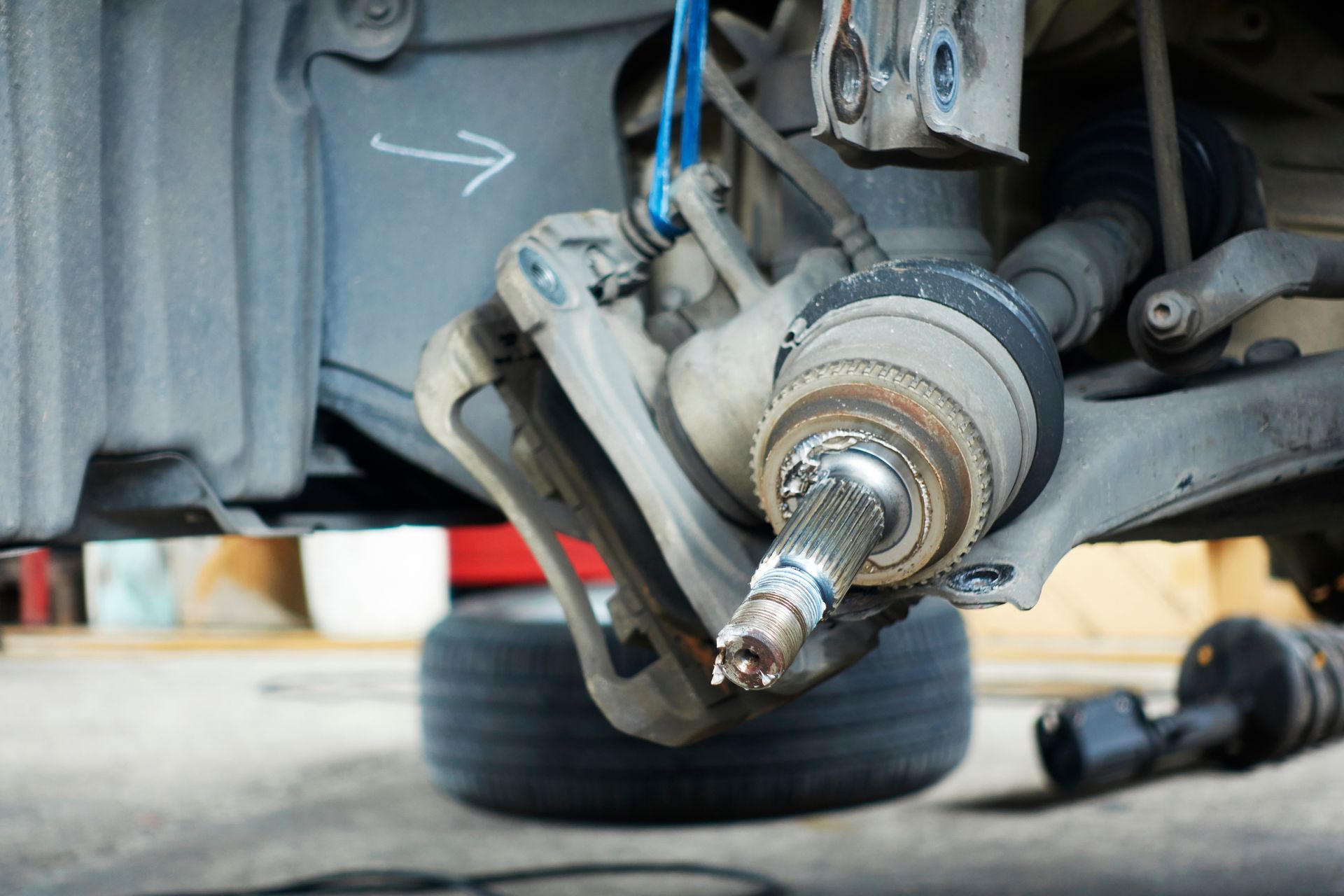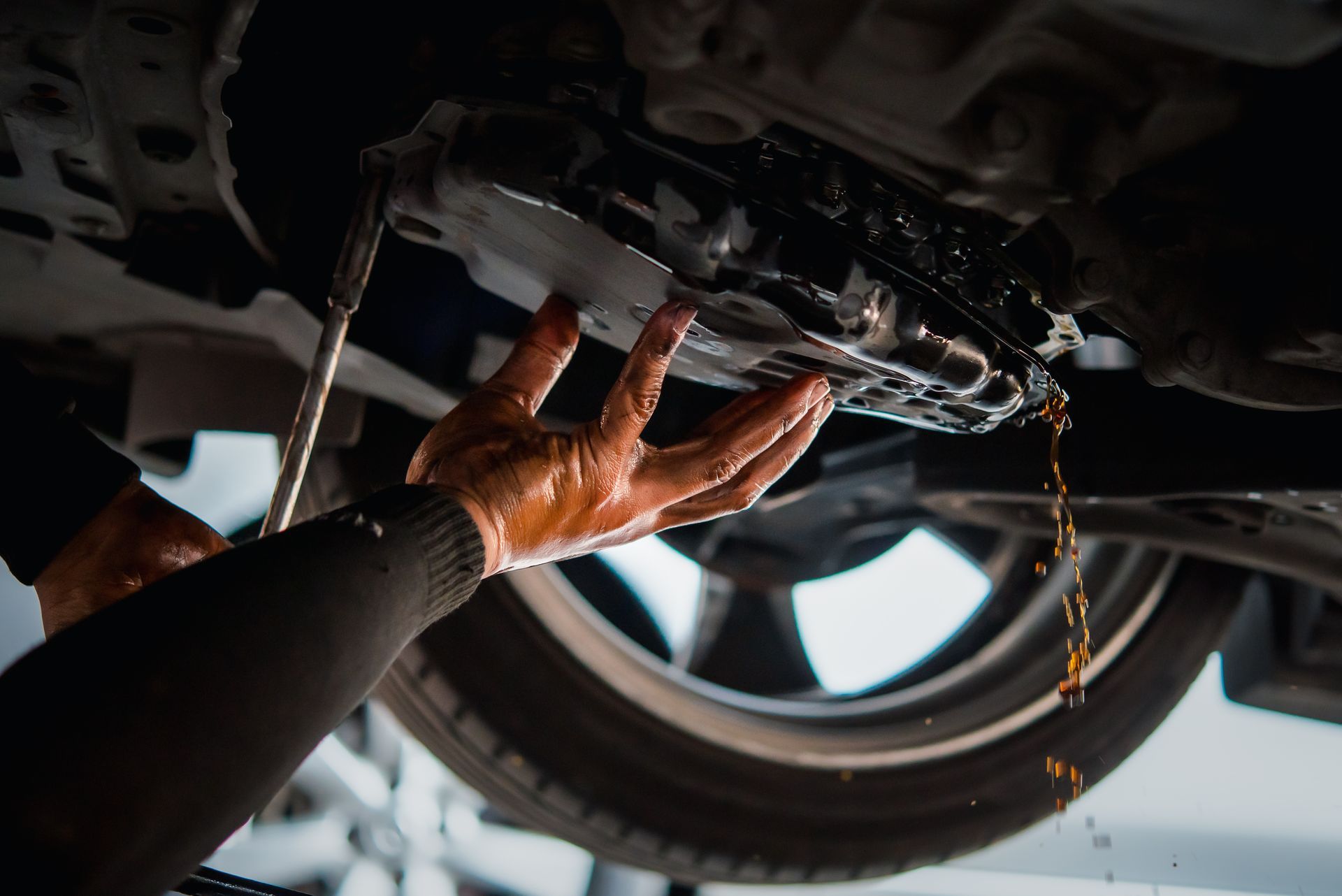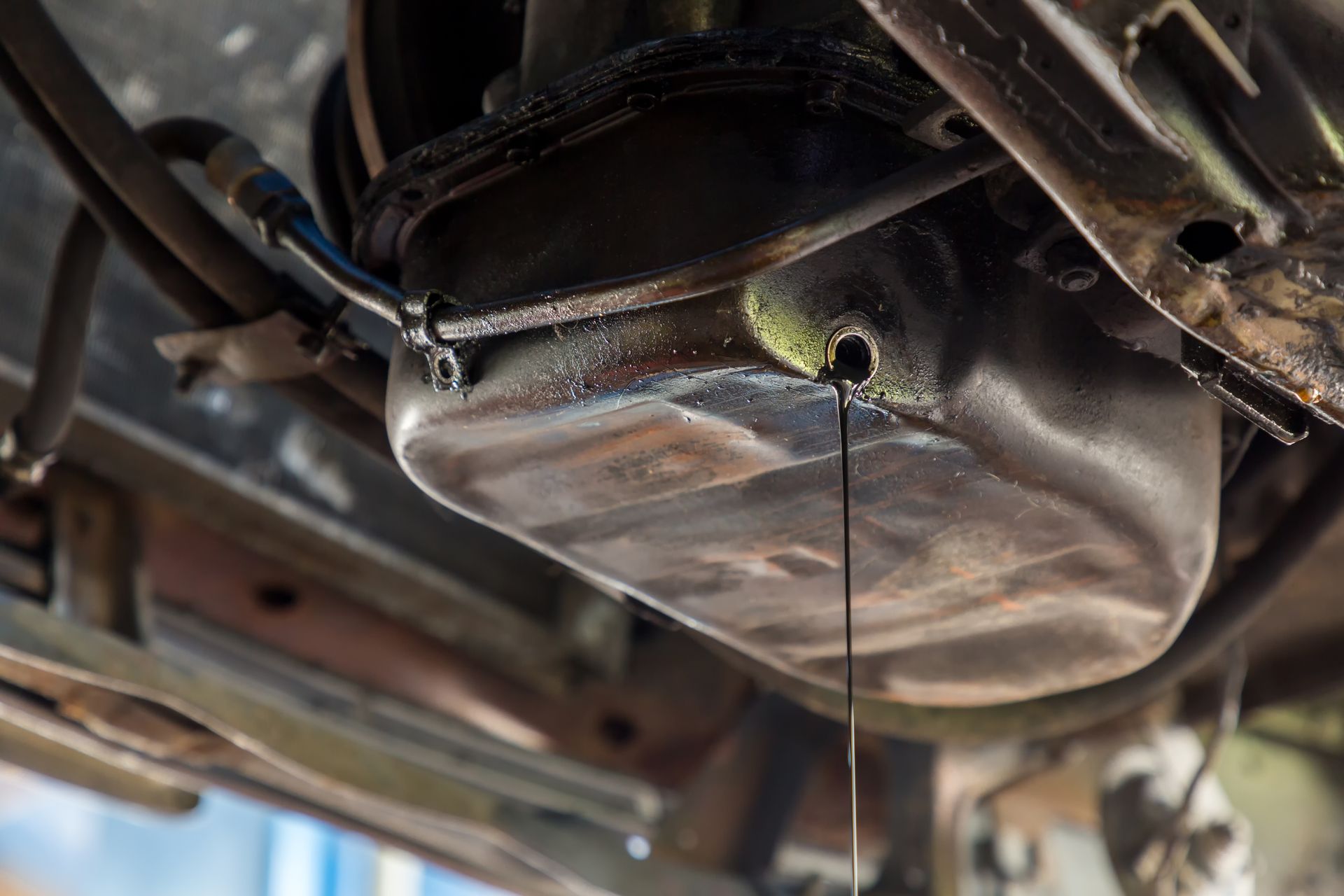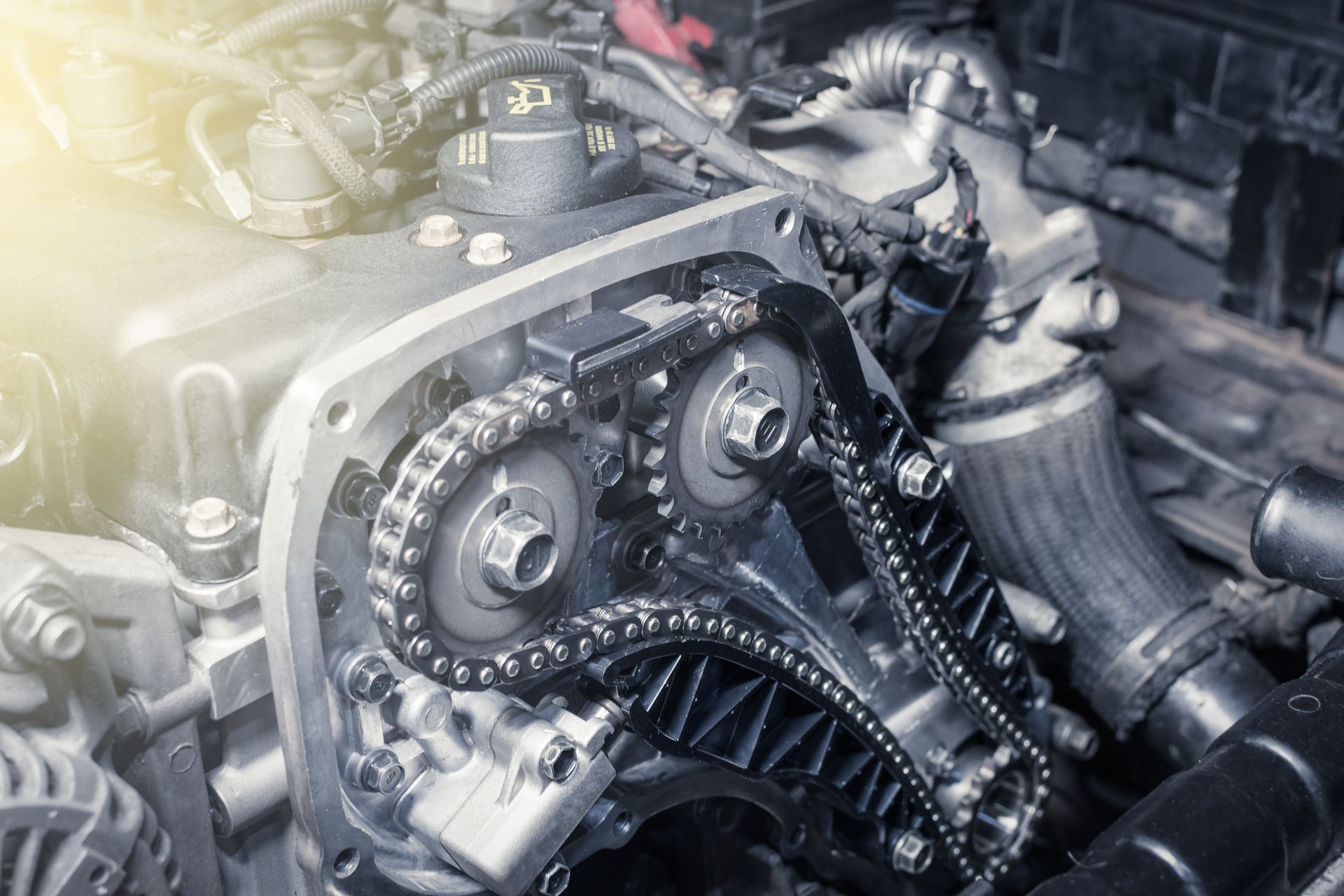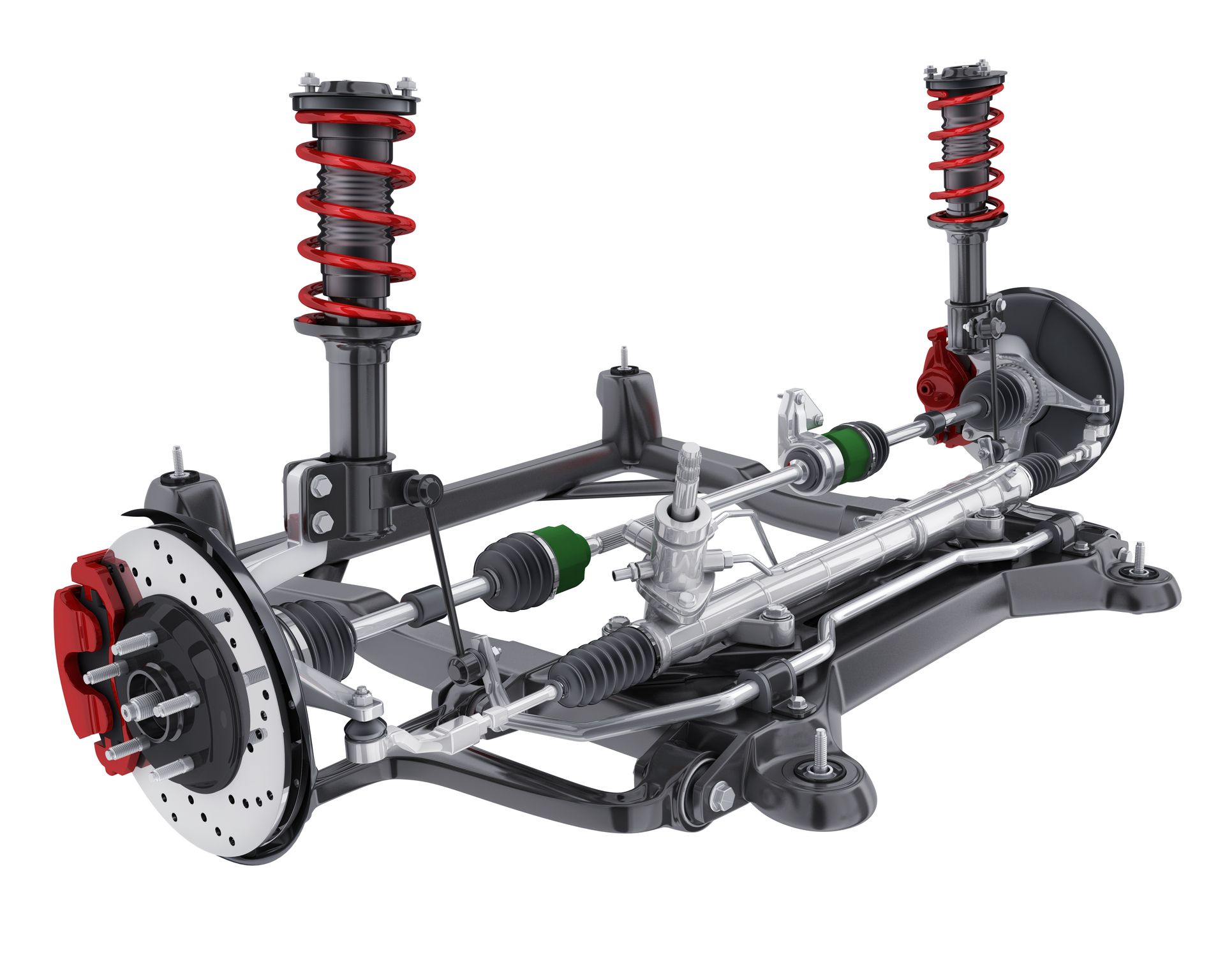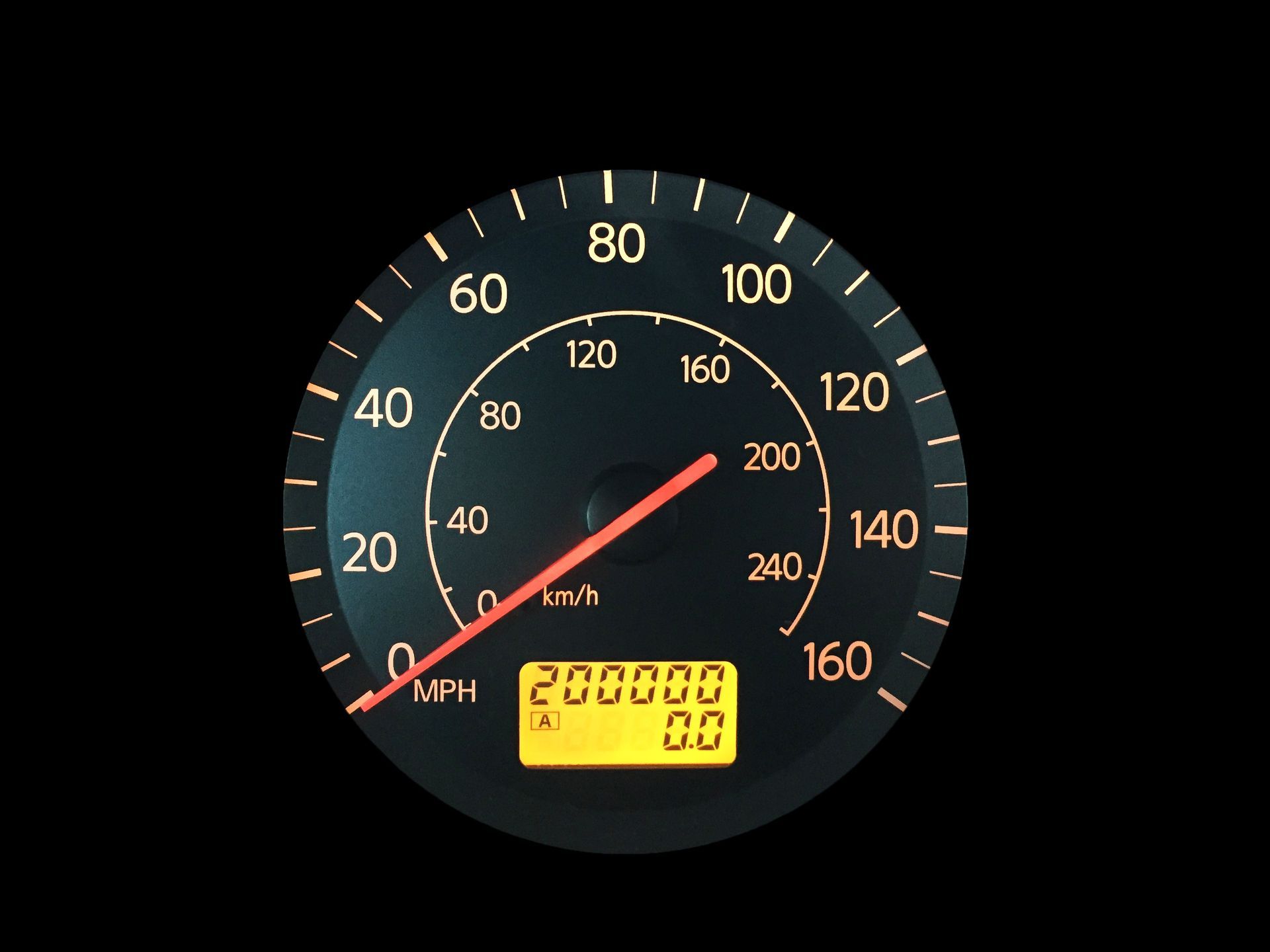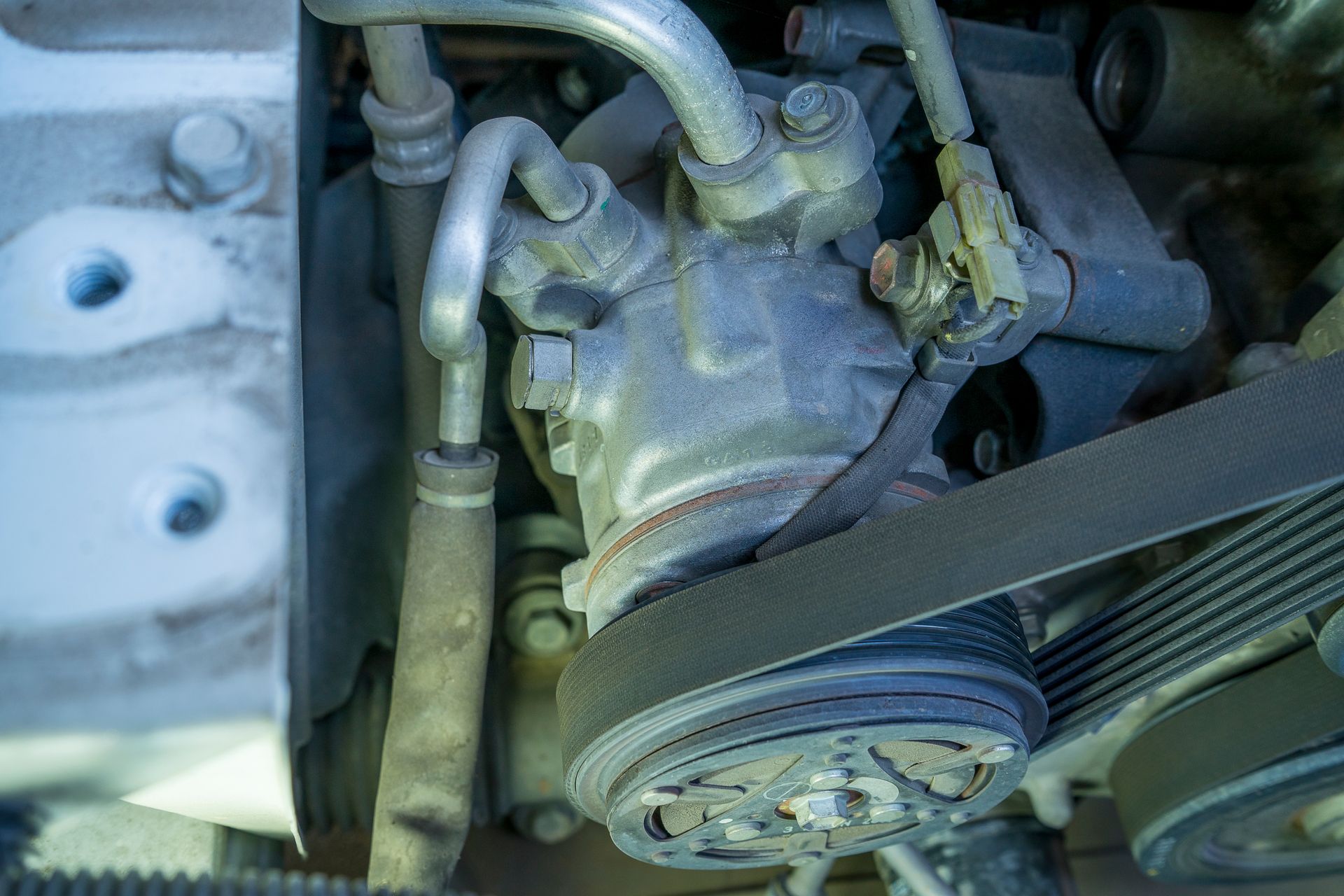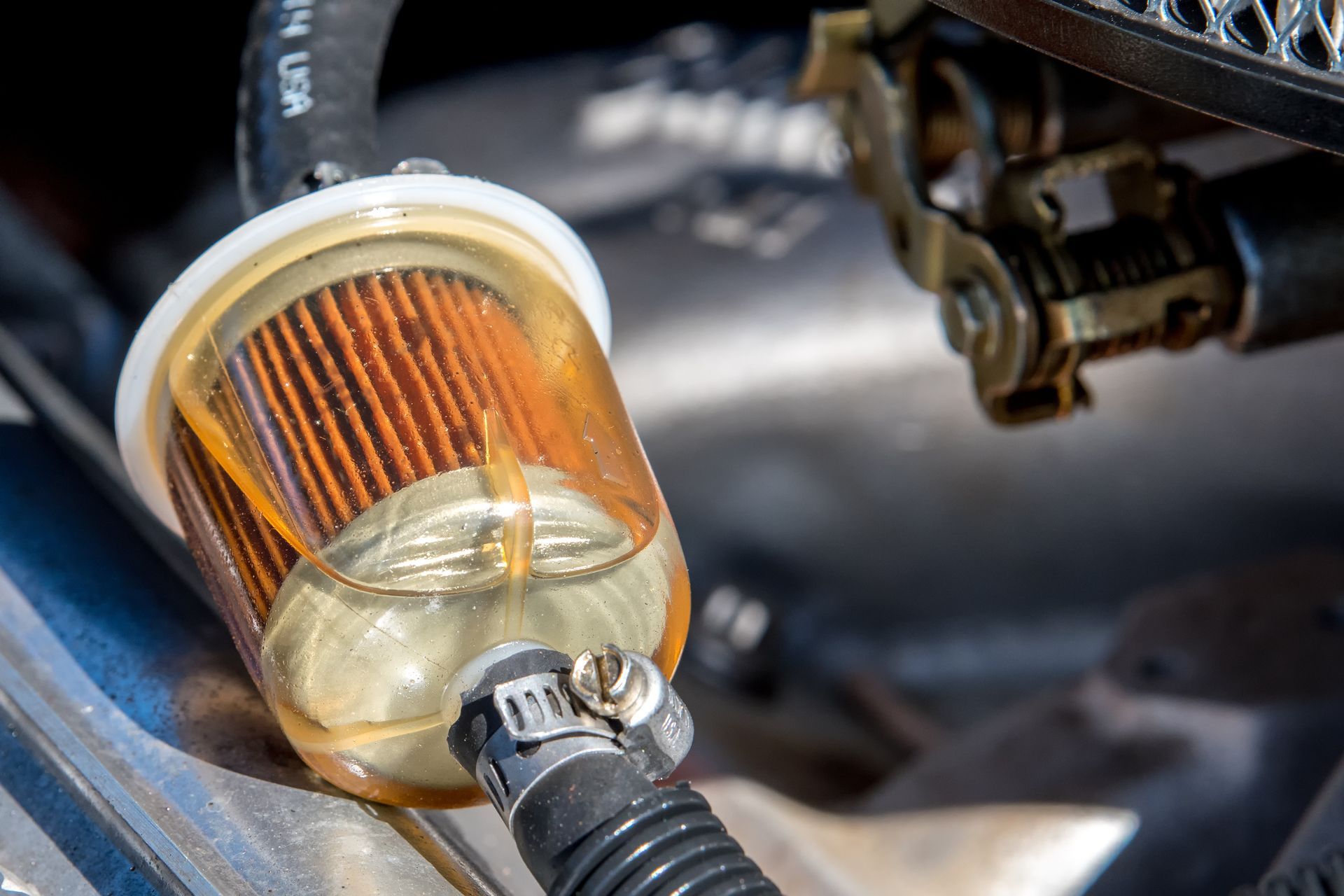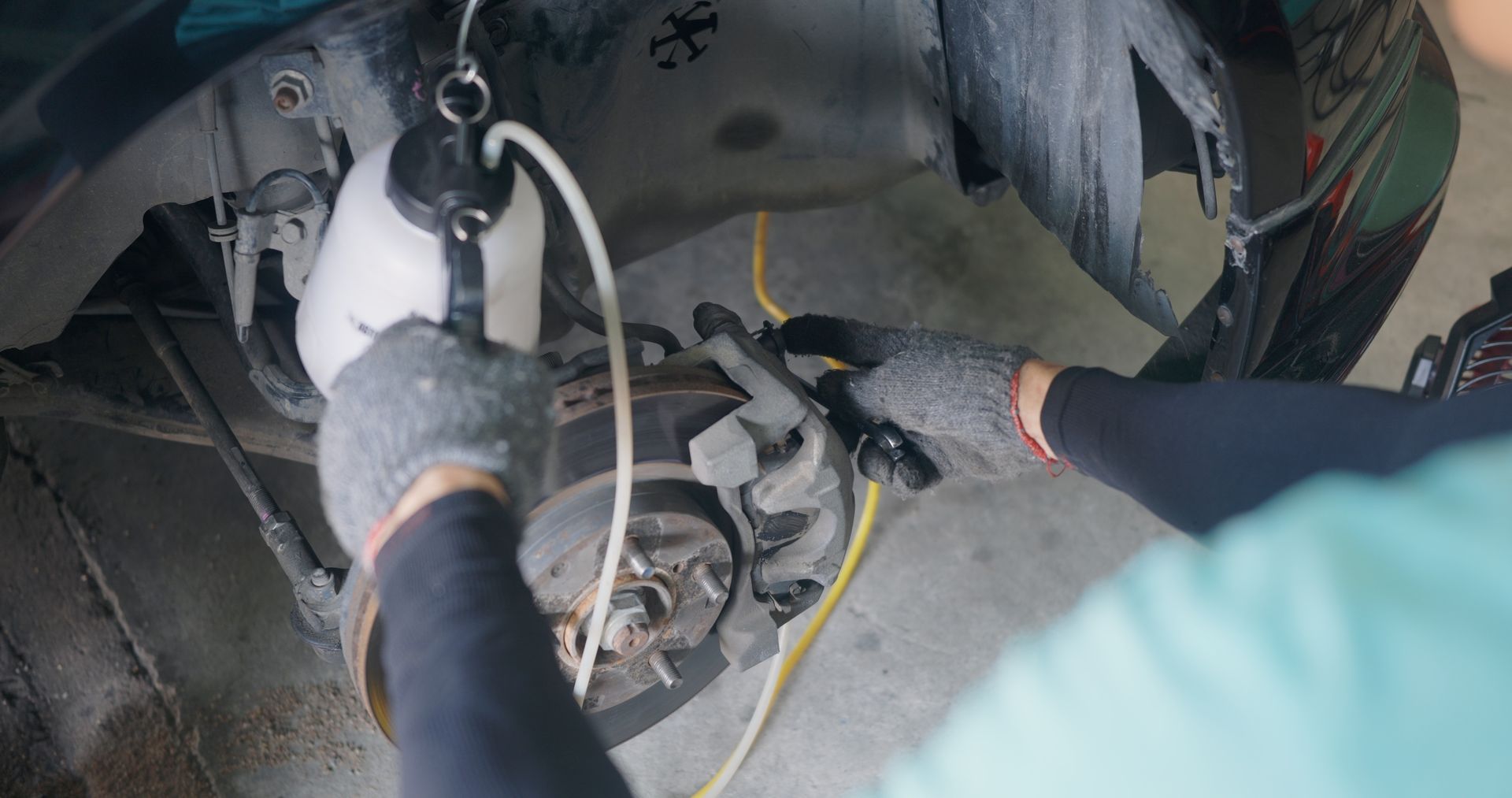Life gets busy, and sometimes it feels like there just aren't enough hours in the day to keep up with all the demands on time. When it comes to car maintenance, you might be tempted to skip that oil change, especially if you're not racking up the miles like you used to. But is it really safe to stretch the time between oil changes just because you drive less?
The Role of Oil in Your Engine
Your car's engine is a complex machine with many moving parts, all of which rely on oil to function smoothly. Oil lubricates the engine components, reducing friction and preventing overheating. It also helps to clean the engine by carrying away debris and sludge. Over time, oil breaks down and loses its effectiveness, which can lead to engine wear and tear and, potentially, expensive repairs.
Why Regular Oil Changes Matter
Even if you're driving fewer miles, oil changes are essential. Here's why:
Oil Deteriorates Over Time
Oil doesn't just wear out from use but also deteriorates over time. Factors like heat, moisture, and contamination can break down oil, making it less effective at lubricating and protecting your engine. Skipping an oil change because you haven't hit the mileage threshold could leave your engine running on degraded oil, which isn't doing its job properly.
Short Trips Can Be Hard on Your Engine
If you're mostly taking short trips, your engine may not be reaching its optimal operating temperature. This can prevent the oil from fully circulating and evaporating moisture, leading to sludge buildup and other issues. Regular oil changes help to remove this sludge and keep your engine clean.
Manufacturer Recommendations
Car manufacturers set oil change intervals based on both mileage and time. This is because they understand that oil degrades over time, regardless of how much you drive. Ignoring these recommendations can void your warranty and lead to long-term damage.
Signs It's Time for an Oil Change
Even if you're not driving much, there are still signs that your car needs an oil change:
- Dark, Dirty Oil: Fresh oil is typically amber in color and translucent. As it gets used, it turns darker and gets contaminated with particles from the engine. If your oil looks dirty, it's time for a change.
- Engine Noise: If you start hearing knocking or rumbling sounds from your engine, it could be a sign that the oil isn't providing adequate lubrication.
- Oil Change Light: Many modern cars have a dashboard light that indicates when it's time for an oil change. Don't ignore this warning.
The Consequences of Skipping Oil Changes
Neglecting oil changes can have serious consequences for your vehicle:
Increased Engine Wear
Without fresh oil to lubricate the engine parts, they begin to rub against each other, causing increased wear and tear. Over time, this can lead to significant engine damage and costly repairs.
Reduced Fuel Efficiency
Clean oil helps your engine run smoothly and efficiently. Old, dirty oil makes your engine work harder, which can reduce your fuel efficiency and cost you more at the pump.
Engine Overheating
Oil helps to keep your engine cool by reducing friction. If the oil is old and degraded, it can't do this job effectively, increasing the risk of your engine overheating.
Best Practices for Oil Changes When Driving Less
If you find yourself driving less, you can still ensure your engine stays healthy with these best practices:
Follow the Time-Based Schedule
Stick to the time-based oil change interval recommended by your car's manufacturer, even if you haven't hit the mileage mark. This is usually every six months to a year, depending on your vehicle.
Regularly Check Oil Levels and Quality
Make it a habit to check your oil levels and quality every few weeks. If the oil looks dark or dirty, or if it's low, it's time for a change.
Consider Synthetic Oil
Synthetic oils typically last longer and perform better in a wider range of temperatures than conventional oils. They can be a good choice if you're looking for added protection, especially if you don't drive often.
Is your oil overdue for a change? Schedule an appointment with
Forthright Auto Repair today to protect your engine from unnecessary wear and tear.

